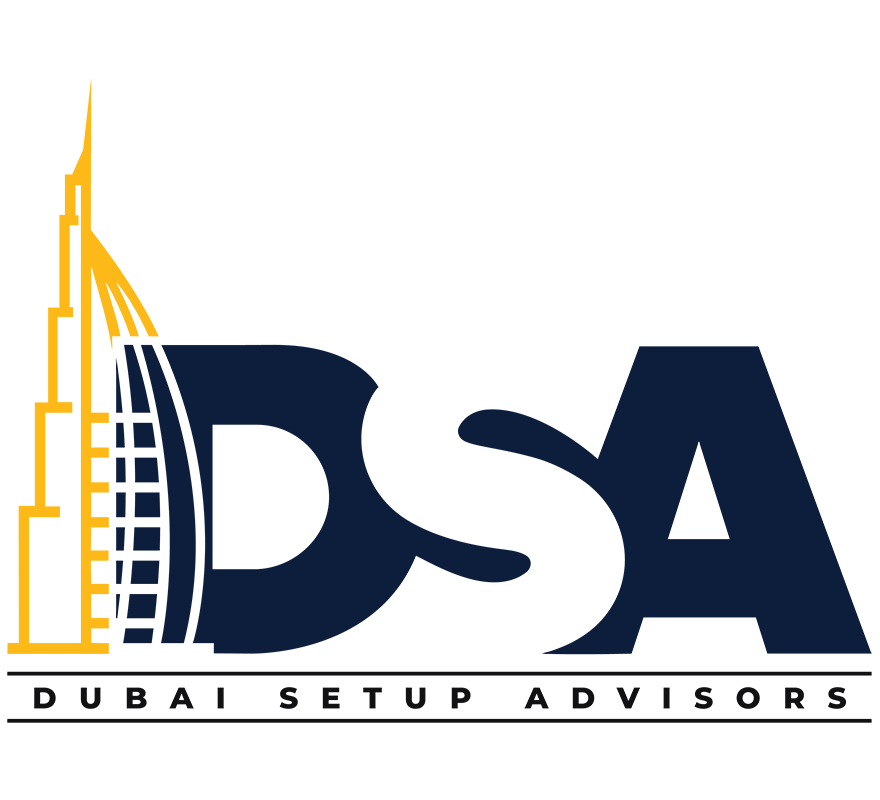
Step-by-Step Guide to Getting a Trade License in Dubai
Starting a business in Dubai begins with obtaining a trade license. This license is issued by the Department of Economy and Tourism (DET) or a Free Zone Authority, depending on where you set up your company. It serves as the legal approval that allows your business to operate. In this guide, we’ll walk you through the process step by step. 1. Choose Your Business Activity Dubai allows thousands of activities across sectors like trading, services, consultancy, e-commerce, logistics, and manufacturing. Mainland: Activities are approved by the DET. Free Zone: Each free zone has its own approved list. Tip: Make sure your activity matches your business model—choosing the wrong one can delay approvals. 2. Select the Right Legal Structure Your legal structure defines ownership, liability, and scope of operation. Sole Establishment – Owned by one person. LLC (Limited Liability Company) – Most common, flexible for multiple partners. Branch of Foreign Company – For companies expanding into Dubai. 3. Decide Mainland or Free Zone Mainland: Full access to the UAE market but requires a physical office. Free Zone: Offers 100% foreign ownership and tax incentives but limited to the free zone or international markets. 4. Reserve a Trade Name Your business name must follow UAE naming rules: No offensive words. Must reflect the business activity. Can include your personal name if desired. Reservation is done through DET or the Free Zone Authority portal. 5. Apply for Initial Approval This confirms that the government has no objection to you starting your business. Initial approval is a must before moving to the next steps. 6. Prepare the Required Documents Typical documents include: Passport copies of shareholders. Visa/Emirates ID (if applicable). Memorandum of Association (for LLCs). Lease agreement for office space (mainland). 7. Get Office Space (if required) Mainland companies must lease office space and register the tenancy with Ejari.Free zones usually provide flexible office solutions like co-working spaces or flexi-desks. 8. Submit Final Application & Pay Fees Once documents are in order, submit your application to the DET (for mainland) or the Free Zone Authority. Pay the license issuance fee. 9. Receive Your Trade License After approval, you’ll receive your official trade license, and your company is legally established. You can now open a bank account, apply for visas, and begin operations. Costs & Timelines (2025 Update) Mainland License: Approx. AED 12,000 – AED 25,000 (depending on activity and office space). Free Zone License: Starts from AED 8,000 – AED 15,000 (with flexi-desk). Timeline: 1–4 weeks depending on approvals and documentation. Final Thoughts Getting a trade license in Dubai is a structured process, but the details can vary depending on your business activity and setup choice. 👉 At Dubai Setup Advisors, we help entrepreneurs navigate every step of the process, from choosing the right activity to securing approvals—saving you time, effort, and costly mistakes.

